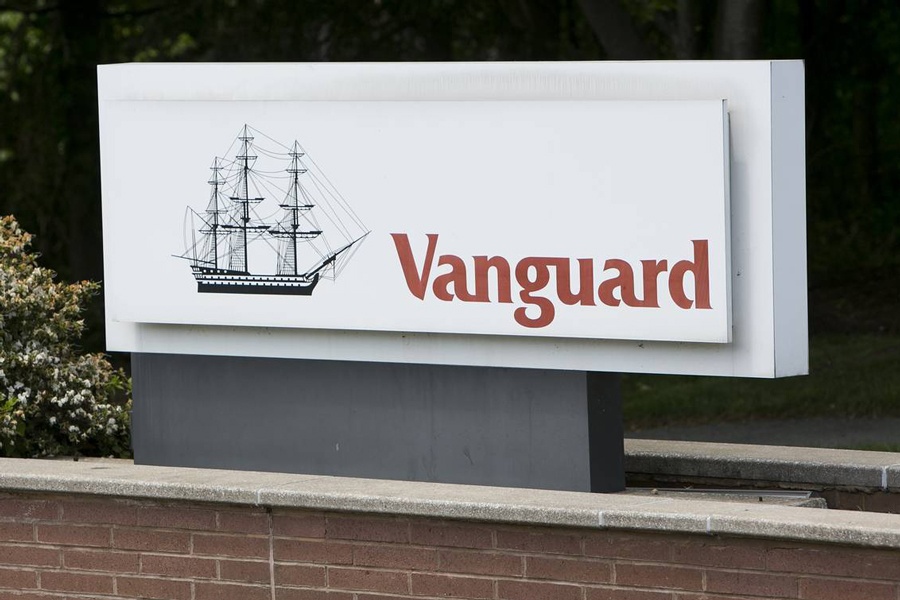

Vanguard announced several changes to its taxable money market fund lineup Thursday, chief of which is the reorganization of its Prime Money Market Fund into a government money market fund and its renaming as the Cash Reserves Federal Money Market Fund.
Vanguard said in a release that “it's better to seek to provide clients with a higher yield through lower expenses on a secure government portfolio than incurring risk in the prime market.” The change will take place in late September.
Effective immediately, Vanguard also will lower costs for more than one million Prime fund shareholders by dropping the investment minimum of the fund’s Admiral Shares to $3,000 from $5 million, which for those investors will reduce the fund’s expense ratio to 0.10% from 0.16%. The change is expected to save investors an estimated $64 million in aggregate, Vanguard said.
Vanguard also reopened its $38.9 billion Treasury Money Market Fund, which it had closed in April to protect existing shareholders following a spike in demand for government money market funds during the first quarter. Vanguard said it sought to preserve the fund's yield by preventing excessive purchases of low-yielding government securities over a short time period, and that it expects that new cash flow will no longer have the same dilutive effect.

The approval of the pay proposal, which handsomely compensates its CEO and president, bolsters claims that big payouts are a must in the war to retain leadership.

Integrated Partners is adding a husband-wife tandem to its network in Missouri as Kestra onboards a father-son advisor duo from UBS.

Futures indicate stocks will build on Tuesday's rally.

Cost of living still tops concerns about negative impacts on personal finances

Financial advisors remain vital allies even as DIY investing grows
RIAs face rising regulatory pressure in 2025. Forward-looking firms are responding with embedded technology, not more paperwork.
As inheritances are set to reshape client portfolios and next-gen heirs demand digital-first experiences, firms are retooling their wealth tech stacks and succession models in real time.
